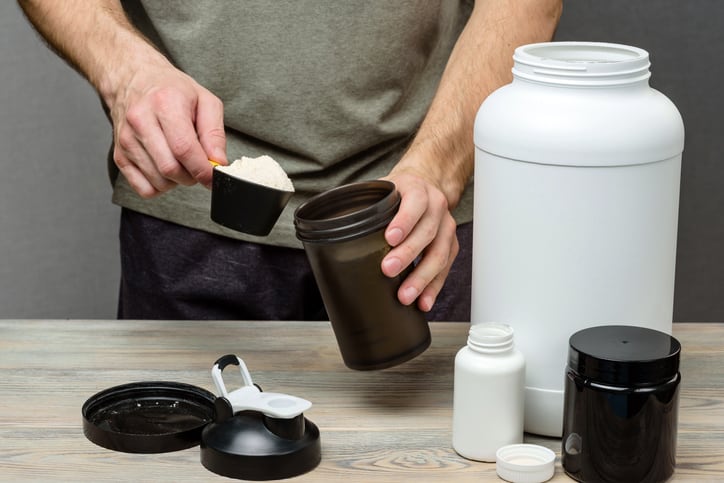Introduced by Senator Akilah Weber Pierson (D-CA), OB-GYN, on Feb. 20, the legislation would mandate that manufacturers test each lot of the final prenatal vitamin product at a proficient laboratory for toxic elements and provide test results to any authorized agent of the department upon their request.
Clauses also establish conditions requiring the disclosure of specific product information and level of each toxic element in each lot of a final prenatal vitamin product on the manufacture’s website, as well as on-label QR codes accompanied by a statement that reads: “For information about toxic element testing on this product, scan the QR code.”
“The bill would prohibit a person or entity from selling in the state or manufacturing, delivering, holding or offering for sale in the state any prenatal vitamins that do not comply with these provisions,” California SB 646 reads. “By creating a new crime, the bill would impose a state-mandated local program.”
All provisions apply as specified, except for the prerequisite that the FDA establish an action level, regulatory limit or tolerance.
The bill is co-sponsored by the Environmental Working Group, Unleaded Kids and the American College of Obstetricians and Gynecologists.
Mounting clean label concerns
The law responds to growing concerns over the presence of toxic elements including arsenic, cadmium, lead and mercury in prenatal supplements, highlighted in a recent study sponsored by the Clean Label Project and published in Environmental Research.
It reported that 15% of 156 prenatal vitamins, 9 prescription prenatal supplements and 19 folate/folic acid supplements tested exceeded California’s Proposition 65 safety threshold of 0.5 micrograms of lead per serving. Gummy and soft gel vitamins had lead levels below the limit of quantification, but most tablets and capsules contained measurable amounts of toxic metals.
The findings build on a 2023 Government Accountability Office report, which found lead in half of the prenatal vitamins sampled and cadmium in several others, although the levels did not top the Food and Drug Administration’s daily exposure limit of 8.8 micrograms for pregnant women.
“Pregnant people deserve to know what’s in the vitamins they rely on for their health and their baby’s development,” Melanie Benesh, vice president for government affairs at Environmental Working Group, shared in a statement. “The presence of heavy metals in prenatal vitamins is deeply concerning. SB 646 will empower consumers with the information they need and drive industry-wide reform.”
Lindsay Dahl, chief impact officer at California-based prenatal supplement brand Ritual, testified at the April 30 hearing in Sacramento in support of SB 646.
“Women deserve prenatal vitamins that are safe and effective—proven, not just promised—because trusting what goes in your body isn’t a privilege, we believe it’s a right," she shared in a statement.
The legislation follows the enactment of California’s Assembly Bill 899 in 2023 that requires testing and disclosure of heavy metals in baby food.
Concerns over impact on prenatal vitamin use
Commenting on SB 646, the Council for Responsible Nutrition (CRN) said that it understood the overall intent and appreciated the opportunity to contribute to the constructive dialogue in Sacramento.
“We have suggested amendments to the bill reflecting our concerns that the proposal as currently drafted could dissuade expectant mothers from taking prenatal vitamins or could alternatively attract them to purchase prenatal vitamins that contain no or insufficient levels of critical nutrients, like calcium,” Julia Gustafson, vice president of government relations at CRN, told NutraIngredients.
The Council also noted that prenatal vitamins and the elements targeted by the legislation are already regulated and heavily enforced under California’s Proposition 65.
As such, it suggests that manufacturers be required to publicly disclose the presence and levels of these elements if contained at or above levels that would require a warning under Proposition 65 and seeks to clarify the definition of products to limit the applicability of the legislation to its intended target.
If enacted, the bill would make California the first state to require routine tests and public disclosure of heavy metals in prenatal vitamins. Manufacturers would have to begin regular testing of a representative sample of their products and post results online beginning in 2027.
SB 646 now goes to the Appropriations Committee.




